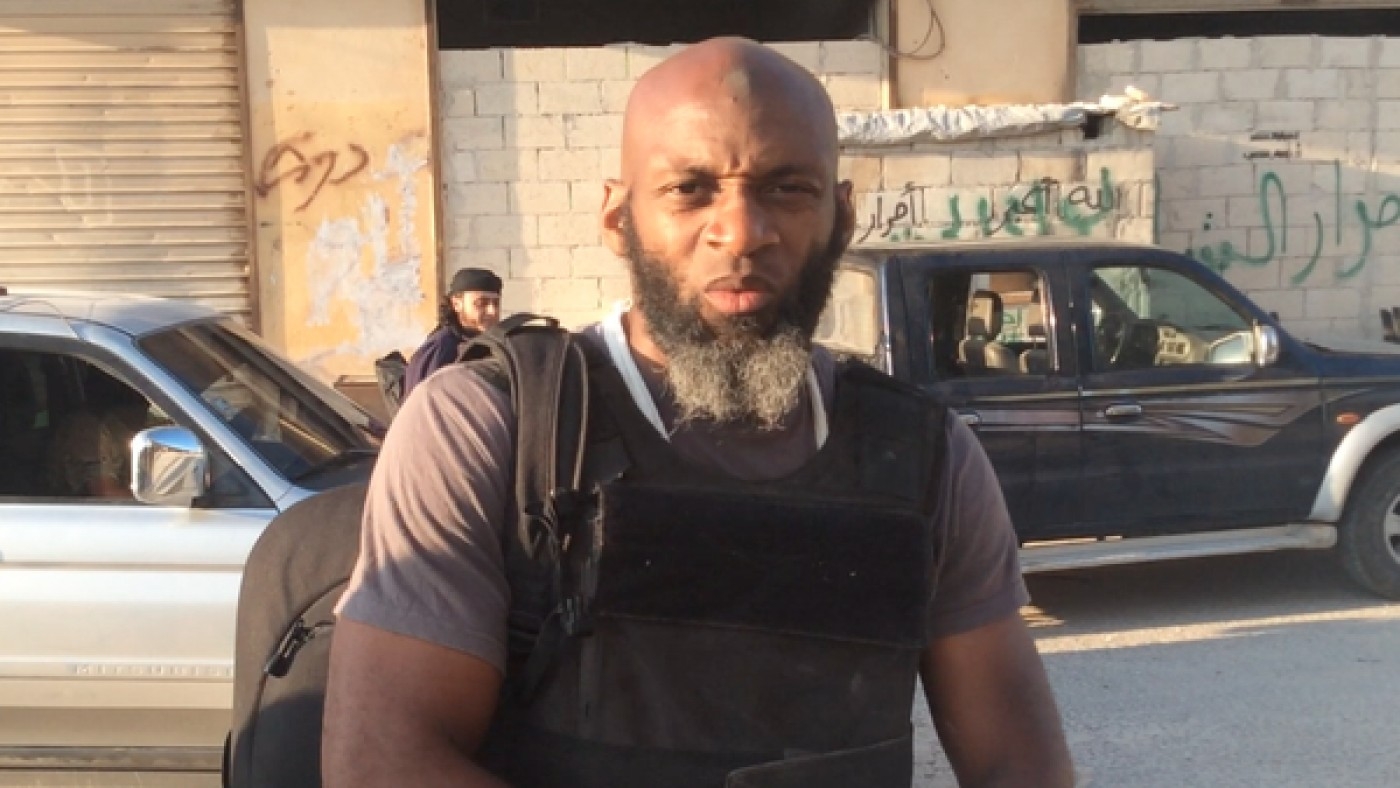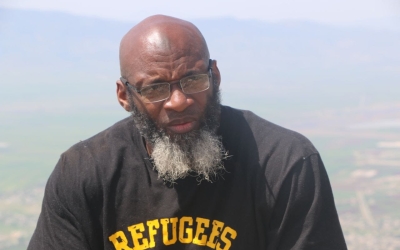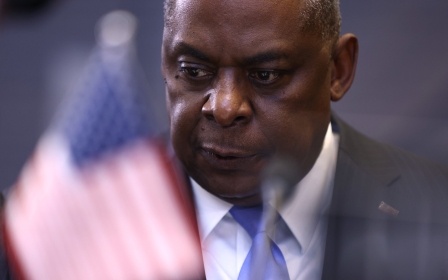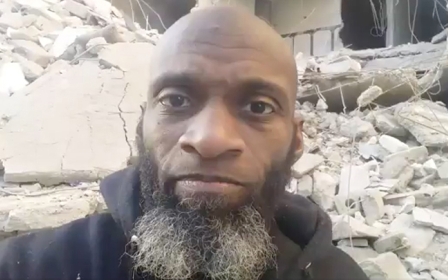US Supreme Court rejects journalist Bilal Abdul Kareem's 'kill list' lawsuit

The United States Supreme Court has rejected a petition to review a case filed by an American journalist based in opposition-held Syria, which accused Washington of placing him on a "kill list" and attempting to assassinate him five times.
The country's highest court did not give a reason for the denial of Bilal Abdul Kareem's petition, which stemmed from a lawsuit filed in a Washington DC district court in 2017 against the Central Intelligence Agency, Department of Defense, and several other government agencies.
The district court had dismissed the case in September 2019, after the US invoked the "state secrets" privilege in order to avoid disclosing information on its kill list, which Abdul Kareem argues is unconstitutional and violates his right to due process.
'They are worried that their assassination programme will come under intense scrutiny'
- Bilal Abdul Kareem
Then earlier this year, an appellate court similarly dismissed the case on the basis of state secrets and that Abdul Kareem could not "explicitly link the United States" to the attacks against him.
Abdul Kareem told Middle East Eye that he was not surprised by the Supreme Court's refusal to consider his case.
New MEE newsletter: Jerusalem Dispatch
Sign up to get the latest insights and analysis on Israel-Palestine, alongside Turkey Unpacked and other MEE newsletters
"What are they afraid of? They are worried that their assassination programme will come under intense scrutiny. Right now it is free-wheeling and they like it that way. If they have to deal with me fairly then they would have to deal with others fairly," he said.
A contributor for MEE, Abdul Kareem is best known for his reporting from the final days of the battle in eastern Aleppo in 2016.
The journalist has said he may have been targeted by Washington via a National Security Agency programme called "Skynet", which determines whether a person poses a threat to the US based on patterns in their mobile phone communications and associated metadata.
Court improperly took judicial notice
Abdul Kareem's petition to the Supreme Court argued that the DC Circuit appellate court improperly took judicial notice - declaring a fact presented as evidence to be true without formal evaluation - of two previously uncited reports on the Syrian war, and concluded that it could not be proven that the US was responsible for the strikes, as "numerous actors were involved in the Syrian conflict".
Abdul Kareem also pointed out in his petition that the alleged attacks against him were targeted strikes that occurred earlier in 2016 in different locations and involving "an entirely different weapon" to those described in the reports.
Tara Plochocki, a lawyer for Abdul Kareem, said during the appellate court hearing that the case held in it the fate of the due process rights guaranteed by the US Constitution's Fifth Amendment.
"It's a purely legal issue, and the Government has offered no limiting principle, as this Court has observed on whether and when it can kill US citizens. So whether that's in a parking lot in the United States or abroad in Syria, the Government has claimed for the first time ever in this case that it has unfettered and unreviewable discretion to kill US citizens at will," she said.
"If the Court adopts the Government's argument, that would ultimately extinguish the Fifth Amendment due process right that any US citizen has."
On 25 October, the US government waived its right to respond to the Supreme Court petition.
The Justice Department did not respond to Middle East Eye's request for comment by the time of publication.
Failing to investigate air strikes
Abdul Kareem's lawsuit against the US government had included details of five air strikes in 2016 where he claimed he was specifically targeted.
The US and its allies had launched numerous air strikes since 2014 against militant groups in northwestern Syria allegedly linked to al-Qaeda or the Islamic State (IS) group.
Since intervening in Syria as part of a coalition fighting against IS, Washington has faced multiple complaints of mistakenly killing civilians.
On Sunday, The New York Times reported that the US military covered up two air strikes near the Syrian town of Baghouz that killed up to 64 women and children in 2019.
Jennifer Gibson, Reprieve's project lead on extrajudicial killing, told MEE that the rejection of Abdul Kareem's petition was a sign that the US government may continue covert military operations and hide them from public scrutiny.
"Today's decision effectively greenlights the programme to continue operating in the shadows, away from both public purview and any meaningful accountability," she said.
"The result is that the executive now has the power to kill American citizens and there is nothing they can do about it.”
Middle East Eye delivers independent and unrivalled coverage and analysis of the Middle East, North Africa and beyond. To learn more about republishing this content and the associated fees, please fill out this form. More about MEE can be found here.






